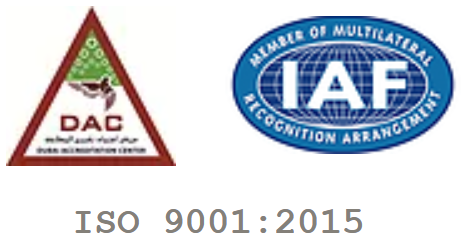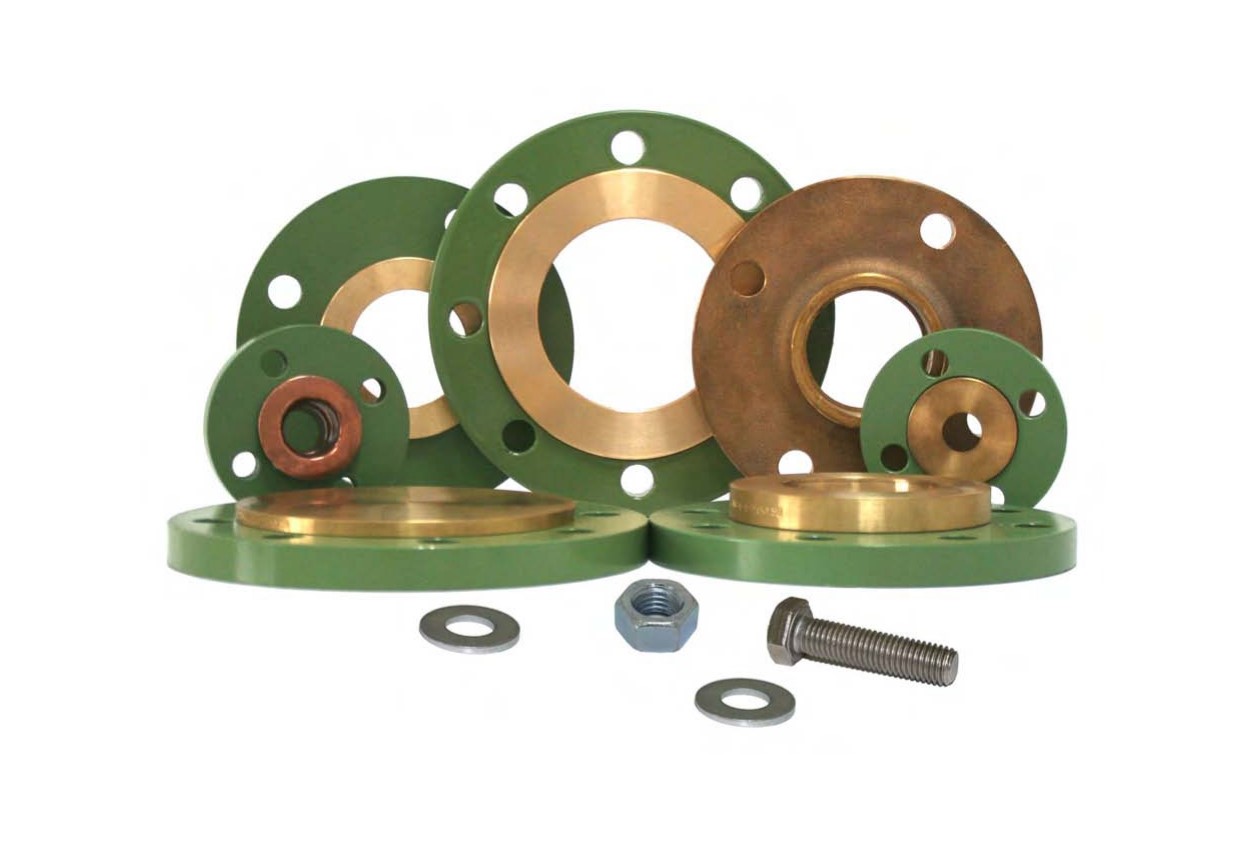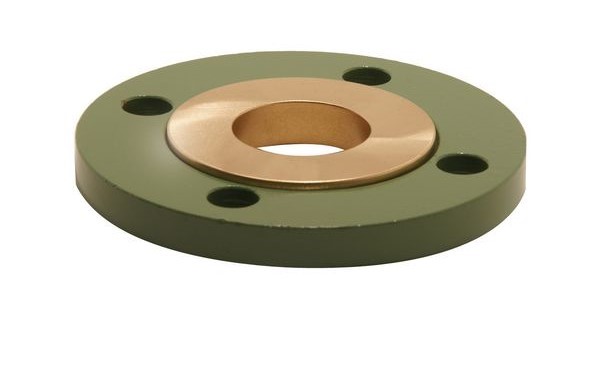

BIMETAL FLANGE


In the world of industrial engineering, bimetal flanges are becoming increasingly popular and for good reason. These types of flanges are made from two different metals, typically steel and copper or aluminum, and offer a host of benefits over traditional flanges. They provide superior corrosion resistance, increased durability, and better thermal conductivity, making them ideal for use in harsh industrial environments. Additionally, bimetal flanges can be customized to fit specific application requirements and are compatible with a variety of piping systems.
We will delve into the advantages of bimetal flanges in industrial settings and explore why they are quickly becoming the preferred choice for engineers and manufacturers alike. So, whether you're an engineer or simply interested in learning more about bimetal flanges, read on to discover the many benefits of using them in your industrial applications.
BIMETAL FLANGE
We manufacture Bimetal flanges in the following types:
| GRADES | ||||||||||
|---|---|---|---|---|---|---|---|---|---|---|
| Bi-Metallic Brazing Flanges | ||||||||||
| Bi-Metallic (Blanking) Brazing Flanges | ||||||||||
| Bi-Metallic Soldering Flanges | ||||||||||
| Solid Brazing Flanges | ||||||||||



BIMETAL FLANGE
Bimetal flanges come in various types, each with its unique features and specifications. Understanding the different types of flanges available is the first step in choosing the right flange for your project.
The most common types of Bimetal flanges include Weld Neck, Slip-On, Blind, Socket Weld, Lap Joint, and Threaded flanges.
Weld Neck flanges are designed to provide a long-lasting and leak-free connection. They're commonly used in high-pressure piping systems and have a neck that's welded to the pipe, creating a smooth transition between the pipe and flange.
Slip-On flanges are easy to install and remove and are ideal for low-pressure systems. They're slipped over the pipe and then welded in place.
Blind flanges are used to close the end of a pipe or vessel and are commonly used in systems that require periodic inspection or cleaning.
Socket Weld flanges are similar to slip-on flanges but have a socket in the bore to allow the pipe to be inserted. They're commonly used in small-bore piping systems and have a high-pressure rating.
Lap Joint flanges are designed to be used with a stub end and are ideal for systems that require frequent dismantling. They're commonly used in low-pressure systems.
Threaded flanges have internal threads and are screwed onto the pipe. They're commonly used in low-pressure systems and are easy to install and remove.
Choosing the right Bimetal flange for your project requires careful consideration of various factors. Here are some of the critical factors to consider when selecting the right flange for your project.
Pressure Rating and Temperature Requirements The pressure rating and temperature requirements are essential factors to consider when choosing Bimetal flanges. The pressure rating is the maximum pressure that the flange can handle, while the temperature requirement is the maximum temperature that the flange can withstand. It's crucial to select a flange that can handle the pressure and temperature requirements of your project. Failure to do so can result in leaks, damage to equipment, and even safety hazards.
Size and Dimensions The size and dimensions of the flange must be compatible with the piping system. The size of the flange is determined by the size of the pipe to which it's connected. It's essential to select a flange that matches the size of the pipe to ensure a secure and leak-free connection. The dimensions of the flange, such as the bolt hole diameter, thickness, and outside diameter, must also be considered. The dimensions must match the piping system and other components to ensure a proper fit.
Corrosion Resistance and Material Selection Bimetal flanges are known for their excellent corrosion resistance, making them ideal for use in harsh environments. However, not all Bimetal alloys offer the same level of corrosion resistance. The material selection is critical when choosing Bimetal flanges. Factors such as the type of fluid or gas being transported, the temperature, and the level of corrosiveness must be considered. Some of the most commonly used Bimetal alloys for flanges include 304, 316, 321, and 347. It's essential to select the right material for your project to ensure corrosion resistance and longevity.
Flange Face and Surface Finish The flange face and surface finish are crucial factors that affect the sealing performance of the flange. The flange face can be flat, raised, or ring joint, and the surface finish can be smooth, serrated, or grooved. The flange face and surface finish must be compatible with the gasket and the mating flange to ensure a secure and leak-free connection.
End Connections and Joining Methods
The end connections and joining methods must be considered when choosing Bimetal flanges. The end connection can be butt-weld, socket-weld, threaded, or flanged.
The joining method must be compatible with the piping system and other components. Factors such as the pressure and temperature requirements, the level of vibration and movement, and the ease of maintenance must be considered when selecting the right joining method.
Prices for Bimetal Flanges are very affordable.
Please click on the "Ask for Quote" button or click here to request the updated price list and ready stock information along with your requirement.
TESCO STEEL & ENGINEERING maintains a stock of all standard items and can export them at the best price.